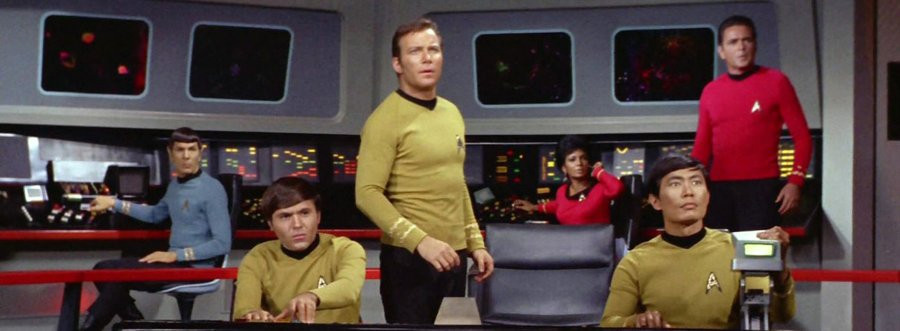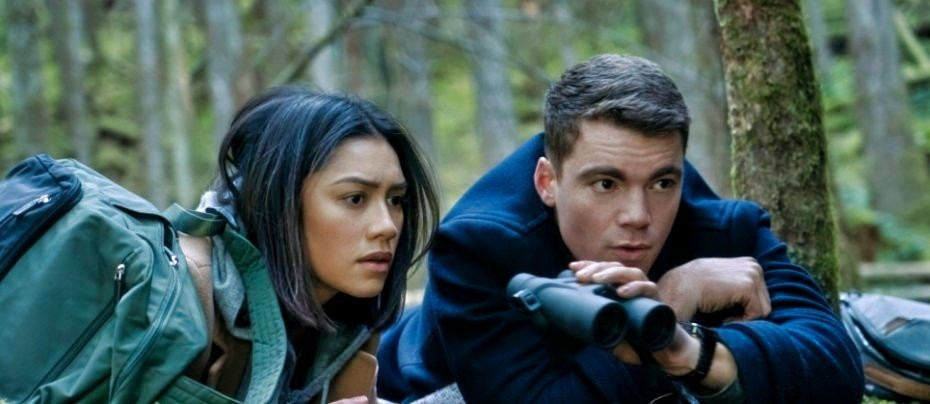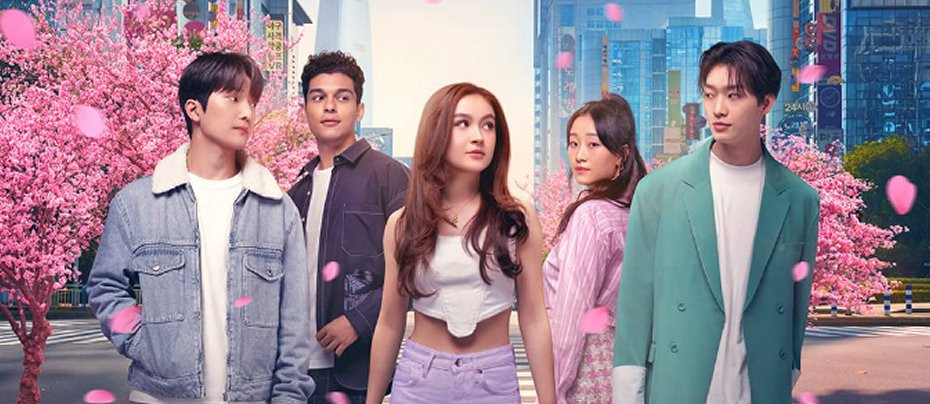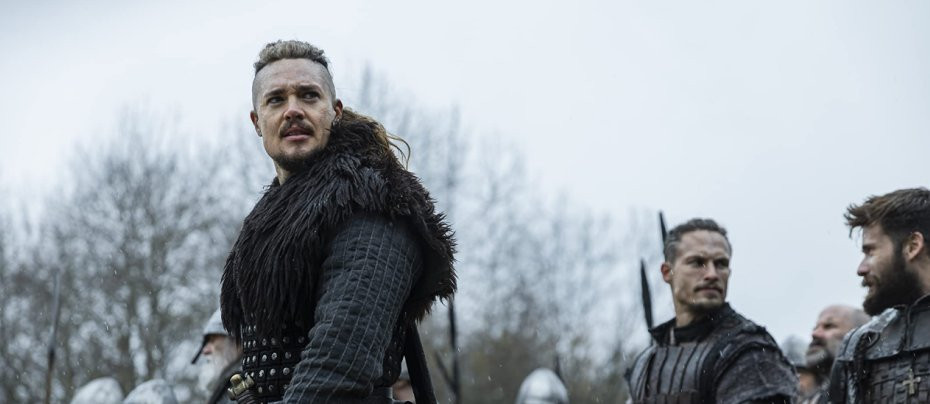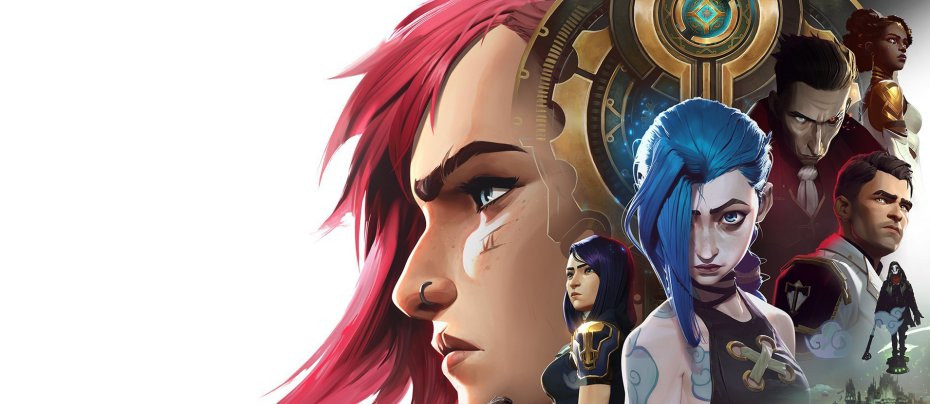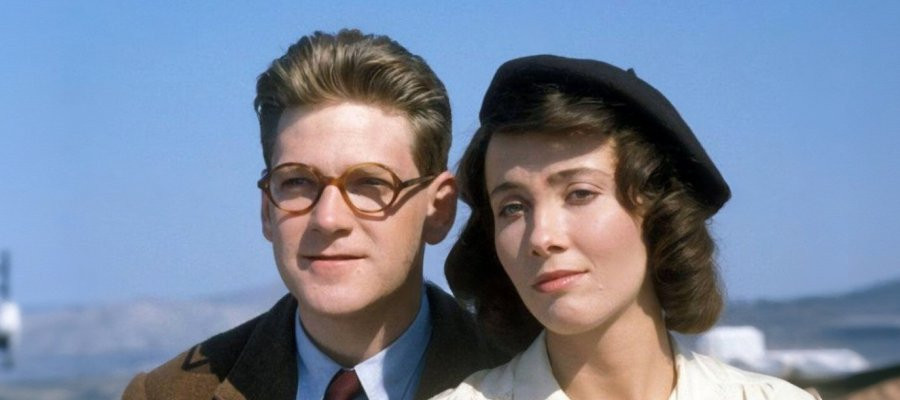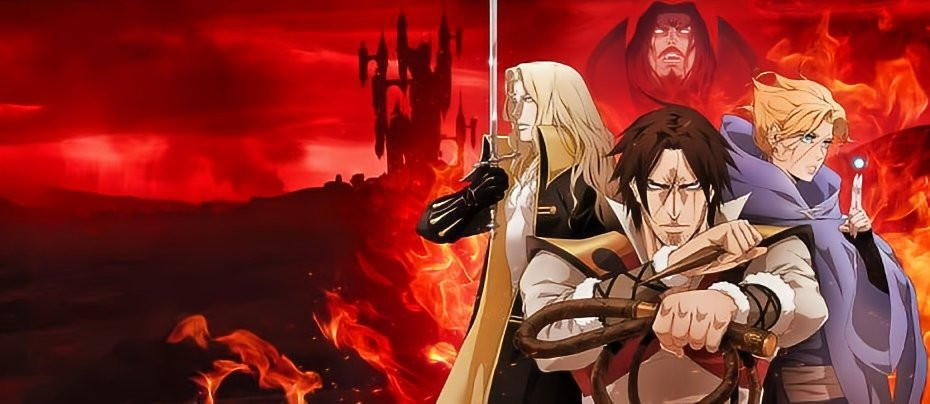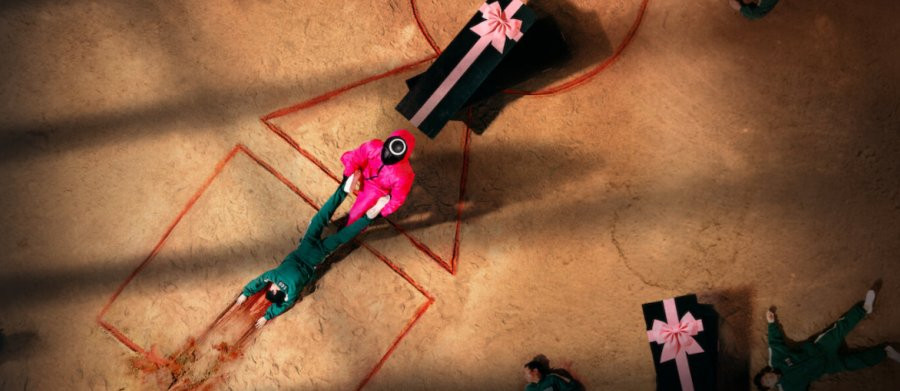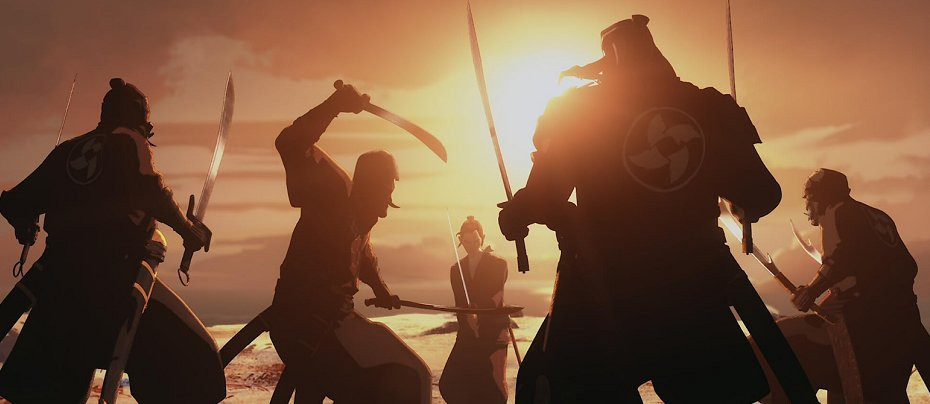
Blue Eye Samurai
2023 - France Usa‘one of the great strengths of Blue Eye Samurai, in general, is that all the featured characters are given depth and complexity’
Review by John Winterson Richards
Sometimes you just have to respect someone who does the commercial equivalent of putting his wedding tackle on a chopping block - or at the very least you have to pay attention. This reviewer was at first left cold by the promotion material for the new Netflix animation Blue Eye Samurai: it looked a bit too graphic and the summary of the story seemed formulaic, a pretext for fashionable gender swapping but with lots of red ink and cartoon nudity to attract teenagers. Yet Netflix were so confident in their product that they broke the First Rule of Streaming, which happens to be the same as the First Rule of Prostitution: "Never give anything away for free."
They put the first episode up in its entirety on YouTube, where the public comments suggested their confidence was justified. Duly impressed, both by the courage of the gesture and by what ordinary people were saying, your reviewer decided to give it a look after all - and found that one episode led very easily to the next, and onwards until, all too soon, the season was over.
At the beginning of Japan's self-imposed isolation from the West under the Tokugawa Shogunate in the 17th Century, a young child is an outcast, bullied by the village boys for having blue eyes that proclaim European ancestry. It is better to get the obvious reveal out of the way now rather than get bogged down in silly games with pronouns: Mizu, voiced as an adult by Maya Erskine, is not the orphaned boy she pretends to be.
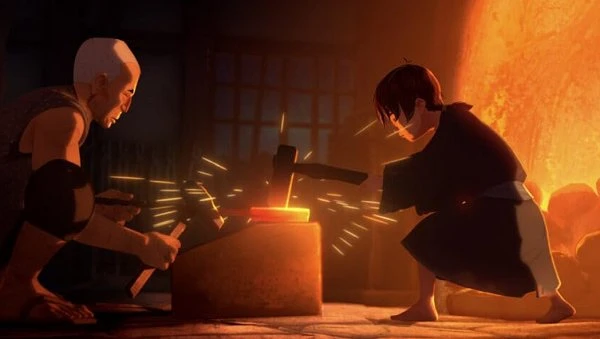
She is taken in by the local blind swordsmith and learns kendo by observing the different fighting techniques of his clients as they are being assessed for a custom-made weapon. Following the same plot as the Johnny Cash song "A Boy Named Sue," she becomes obsessed with tracking down and killing the absent father who gave her the eyes that got her into so many fights. The problem is that she is not sure where, or even who, he is, there having been four Europeans secretly in Japan at the time of her conception according to this version of events, which is based on history but plays with it a lot. She decides to make sure by killing all four.
That our protagonist's motivation is inherently unrighteous sets the tone. Mizu is at best a questionable hero. She is fearless in her obsession and her single-minded dedication has trained her to become a formidable swordfighter, but the same obsession leaves her without a moral compass. She does some very nasty things and, even more unheroically, fails to help others when it would take very little effort on her part. That she is capable of compassion, and even sometimes tries to make belated amends, makes her callousness seem worse. Many innocents suffer needlessly because of her selfishness.

She is given a conscience in the form of a simple-minded noodle cook, Ringo, who wants to be the greatest at something, even if he is not sure what. He decides to follow Mizu with the idea of becoming her apprentice as a samurai, happily ignoring inconvenient facts like his having no hands, and Mizu not wanting company and not actually being a samurai, as she tries to convey to him very forcefully.
However, Ringo, voiced perfectly by Masi Oka from Heroes, is not quite as simple as he appears and so neither is his character arc. The moment when his touching loyalty to Mizu is finally tested beyond breaking point has real power and even Mizu has to feel it.
Indeed, one of the great strengths of Blue Eye Samurai in general is that all the featured characters are given a depth and complexity unusual in animation, and as a consequence their individual journeys, and therefore the plot as a whole, are not as predictable as one might have assumed from the basic concept and the opening episodes.
The fifth episode in particular, "The Tale of the Ronin and the Bride," turns everything upside down. It is a masterpiece of construction in its own right, weaving together three completely separate strands into one: a running fight in real time which even our accomplished hero seems certain to lose; an extended "flash back" to a time when her life took an unexpected turn and she was offered the option of something very different; and a superbly produced traditional bunraku puppet play underlining the themes of the main story.
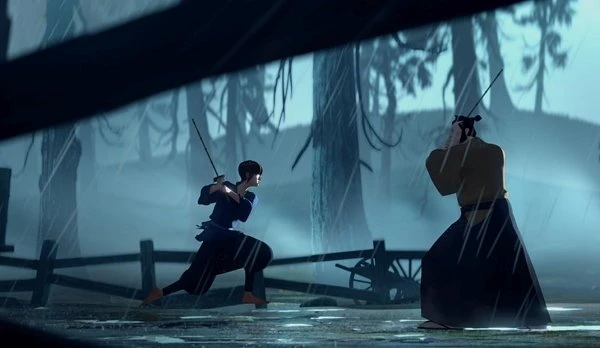
That is followed by an all-action episode reminiscent of a video game in which Mizu must ascend literal levels, facing ever greater challenges while clearly suffering the cumulative effects of the punishment she has taken along the way. The final episode is an epic which rewrites a major event in Japanese history, the Great Fire of Meireki.
Another of the great strengths of the drama is that it is played by a top-level voice cast, led by Sir Kenneth Branagh, no less. Granted a rare opportunity to revert to his native Northern Irish accent, he makes no attempt to mitigate how thoroughly obnoxious the chief villain is, but his Abijah Fowler, named after one of the worst Kings in the Bible, still has an understandable point of view. A man is most himself in prayer, and if Fowler does not exactly pray, a very clever scene in which he talks to God in a neglected private Chapel reveals a great deal about his psychology, and in particular how even this monster considers himself a perfectly reasonable man.

The legend that is George Takei is delightful as the wise old tutor to a bratty "princess," voiced by Brenda Song, who, with his help, matures into a surprisingly impressive woman. Patrick Gallagher is suitably authoritative as her formidable but socially insecure self-made father, who, like everyone else, has a secret. Darren Barnet voices an ambitious young bully who proves to be far more sympathetic than anyone might have imagined. Ming-Na Wen from Agents of Shield plays an exquisitely polite but shrewd and hard headed brothel keeper who is nevertheless capable of loyalty and even a degree of sentiment. Byron Mann (Hell on Wheels, The Expanse, Wu Assassins) is a horse breeder about whom we never quite make our minds. Randall Park, as a subsidiary villain with own agenda, has a wonderful voice that evokes a long tradition of such characters in animation. Prolific veteran Cary-Hiroyuki Tagawa is so ideally cast as the blind swordsmith that one can imagine no one else playing the character in a live action adaptation. The equally prolific Gedde Watanabe is among the supporting voices.
Yet even the talent of this outstanding voice cast is exceeded by that of the visual artists. Like Arcane and Samurai Rabbit, which also excelled in conveying a distinctly East Asian style, Blue Eye Samurai is in fact the work of French animators, in this case Blue Spirit.
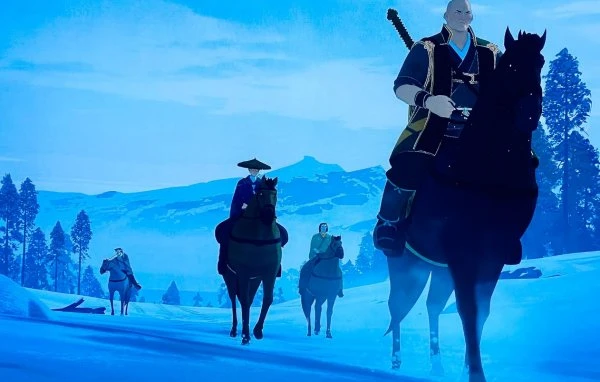
The landscapes are amazing, clearly influenced by the ukiyo-e prints of great Japanese masters Hokusai and Hiroshige. That most of the action takes place over a few months in Winter and Spring when Japan is at its most ethereal is no coincidence. Snow really does fall on cedars.
Yet, while it has become almost commonplace to admire the set-piece landscapes of the best recent animations, it is far less common to be able to commend the movement of the characters, at least in television projects. Blue Eye Samurai is unusual in taking considerable pains to get this aspect of animation right, apparently to the extent of studying what can and cannot be done in a kimono. Some of the fight scenes are entirely credible, even if others are highly stylised, both in keeping with Japanese chanbara (Samurai drama) tradition.
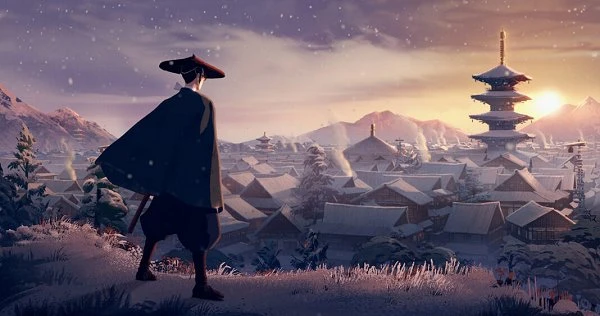
Indeed, the very successful screenwriter Michael Green, and his wife and fellow executive producer in the project, Amber Noizumi, who has Japanese heritage, seem to have set out to write a love letter to chanbara and Japanese culture in general. There are very obvious references to famous duel scenes from Kurosawa's The Seven Samurai and Inagaki's Samurai Trilogy. The blind swordsmith seems to be influenced by Zatoichi and much of the violence by the Lone Wolf and Cub films. There are also cinematic influences from outside Japan, most notably Zhang Yimou's wuxia films and, almost inevitably, Tarantino's Kill Bill, which is "quoted" without much attempt at subtlety.
Far more discreet is a nice eye for the details of Japanese customs and daily life around this period, even if much of it is sanitised to make it aesthetically more appealing than it probably was. The script takes the point of view of many Japanese at the time that European influence was evil and Japan's isolation desirable. Although British presence in Japan was negligible at this point, some very anti-British sentiments are put into Fowler's mouth, which, given his family history as he describes it, is at least in character, even if understandably prejudiced.
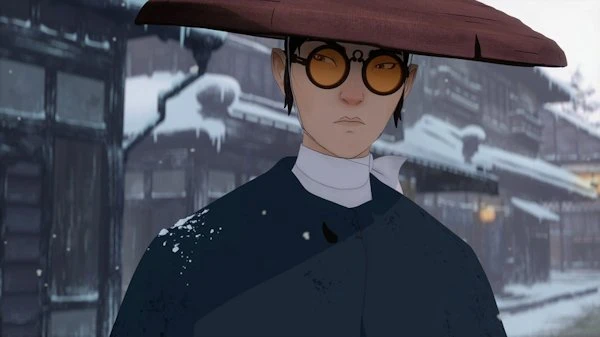
The show's love of all things Japanese does have its own subversive streak: a crude remark by a prostitute about the Stations on the road to Edo is a clever reference to a classic series of Hiroshige's elegant prints and there is a more explicit visual reference to Hokusai's strange obsession with octopus porn. Yes, you read that correctly.
Indeed, be warned that the show is "adult" animation in every sense. While the vivid depictions of sex and violence are no worse than in many live action shows, this is not a cartoon for children - or for all adults come to that. This is pity for it detracts from a script that is grown up in other ways, avoiding heavy-handed messaging, for example about the status of women in a very different time and place, in favour of letting the facts speak for themselves. Far from being the feminist fantasy it appeared to be at first, Blue Eye Samurai is a mature human drama about complicated people and their relationships, except with great action sequences thrown in to keep it exciting. As such, it succeeds on every level.
Seen this show? How do you rate it?
Seen this show? How do you rate it?
Published on January 19th, 2024. Written by John Winterson Richards for Television Heaven.


